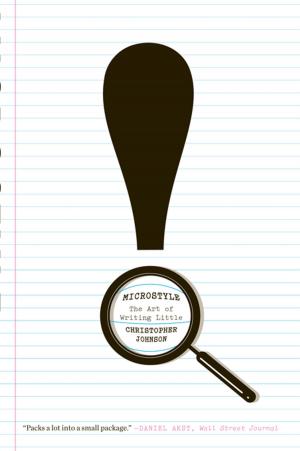The Heart of Trauma: Healing the Embodied Brain in the Context of Relationships (Norton Series on Interpersonal Neurobiology)
Nonfiction, Health & Well Being, Psychology, Neuropsychology, Clinical Psychology, Interpersonal Relations| Author: | Bonnie Badenoch | ISBN: | 9780393710496 |
| Publisher: | W. W. Norton & Company | Publication: | November 28, 2017 |
| Imprint: | W. W. Norton & Company | Language: | English |
| Author: | Bonnie Badenoch |
| ISBN: | 9780393710496 |
| Publisher: | W. W. Norton & Company |
| Publication: | November 28, 2017 |
| Imprint: | W. W. Norton & Company |
| Language: | English |
How each of us can become a therapeutic presence in the world.
Images and sounds of war, natural disasters, and human-made devastation explicitly surround us and implicitly leave their imprint in our muscles, our belly and heart, our nervous systems, and the brains in our skulls. We each experience more digital data than we are capable of processing in a day, and this is leading to a loss of empathy and human contact. This loss of leisurely, sustained, face-to-face connection is making true presence a rare experience for many of us, and is neurally ingraining fast pace and split attention as the norm.
Yet despite all of this, the ability to offer the safe sanctuary of presence is central to effective clinical treatment of trauma and indeed to all of therapeutic practice. It is our challenge to remain present within our culture, Badenoch argues, no matter how difficult this might be. She makes the case that we are built to seek out, enter, and sustain warm relationships, all this connection will allow us to support the emergence of a humane world.
In this book, Bonnie Badenoch, a gifted translator of neuroscientific concepts into human terms, offers readers brain- and body-based insights into how we can form deep relational encounters with our clients and our selves and how relational neuroscience can teach us about the astonishing ways we are interwoven with one another. How we walk about in our daily lives will touch everyone, often below the level of conscious awareness.
The first part of The Heart of Trauma provides readers with an extended understanding of the ways in which our physical bodies are implicated in our conscious and non-conscious experience. Badenoch then delves even deeper into the clinical implications of moving through the world. She presents a strong, scientifically grounded case for doing the work of opening to hemispheric balance and relational deepening.
How each of us can become a therapeutic presence in the world.
Images and sounds of war, natural disasters, and human-made devastation explicitly surround us and implicitly leave their imprint in our muscles, our belly and heart, our nervous systems, and the brains in our skulls. We each experience more digital data than we are capable of processing in a day, and this is leading to a loss of empathy and human contact. This loss of leisurely, sustained, face-to-face connection is making true presence a rare experience for many of us, and is neurally ingraining fast pace and split attention as the norm.
Yet despite all of this, the ability to offer the safe sanctuary of presence is central to effective clinical treatment of trauma and indeed to all of therapeutic practice. It is our challenge to remain present within our culture, Badenoch argues, no matter how difficult this might be. She makes the case that we are built to seek out, enter, and sustain warm relationships, all this connection will allow us to support the emergence of a humane world.
In this book, Bonnie Badenoch, a gifted translator of neuroscientific concepts into human terms, offers readers brain- and body-based insights into how we can form deep relational encounters with our clients and our selves and how relational neuroscience can teach us about the astonishing ways we are interwoven with one another. How we walk about in our daily lives will touch everyone, often below the level of conscious awareness.
The first part of The Heart of Trauma provides readers with an extended understanding of the ways in which our physical bodies are implicated in our conscious and non-conscious experience. Badenoch then delves even deeper into the clinical implications of moving through the world. She presents a strong, scientifically grounded case for doing the work of opening to hemispheric balance and relational deepening.















